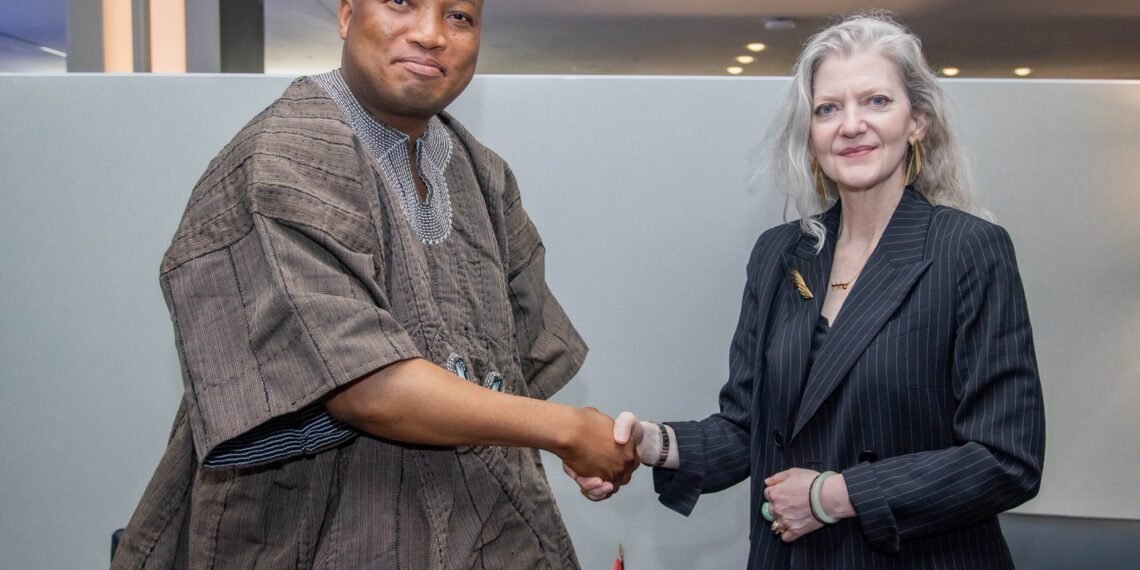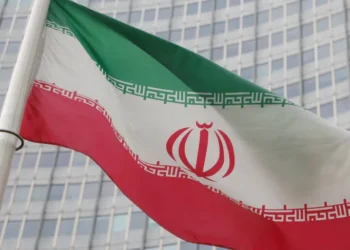Ghana has secured a major diplomatic victory as the United States government has reversed the visa restrictions imposed on Ghanaian citizens earlier this year. The development restores Ghana’s eligibility for five-year multiple-entry visas and other enhanced consular privileges, ending months of strain in the relationship between the two countries.
The news was officially conveyed to Ghana’s Minister for Foreign Affairs, Hon. Samuel Okudzeto Ablakwa, by Allison Hooker, US Under Secretary of State for Political Affairs, during a bilateral meeting held on the margins of the 80th United Nations General Assembly in New York.
According to the Foreign Affairs Minister, this marks the culmination of months of high-level negotiations and persistent diplomatic engagement aimed at resolving the matter. “I am really pleased that months of high-level diplomatic negotiations has led to a successful outcome,” Hon. Ablakwa announced.
He described the decision as a “big win for Ghana,” emphasizing that the restored visa privileges will bring significant relief to many Ghanaians, including students, businesspersons, and professionals whose mobility had been curtailed under the previous restrictions.
The restrictions were first imposed in July this year when the US government announced sweeping visa limitations on Ghana and several other countries. At the time, Ghanaian travelers were subjected to a maximum three-month, single-entry visa policy, a major reduction from the multiple-year, multiple-entry visa regimes that had been standard practice.
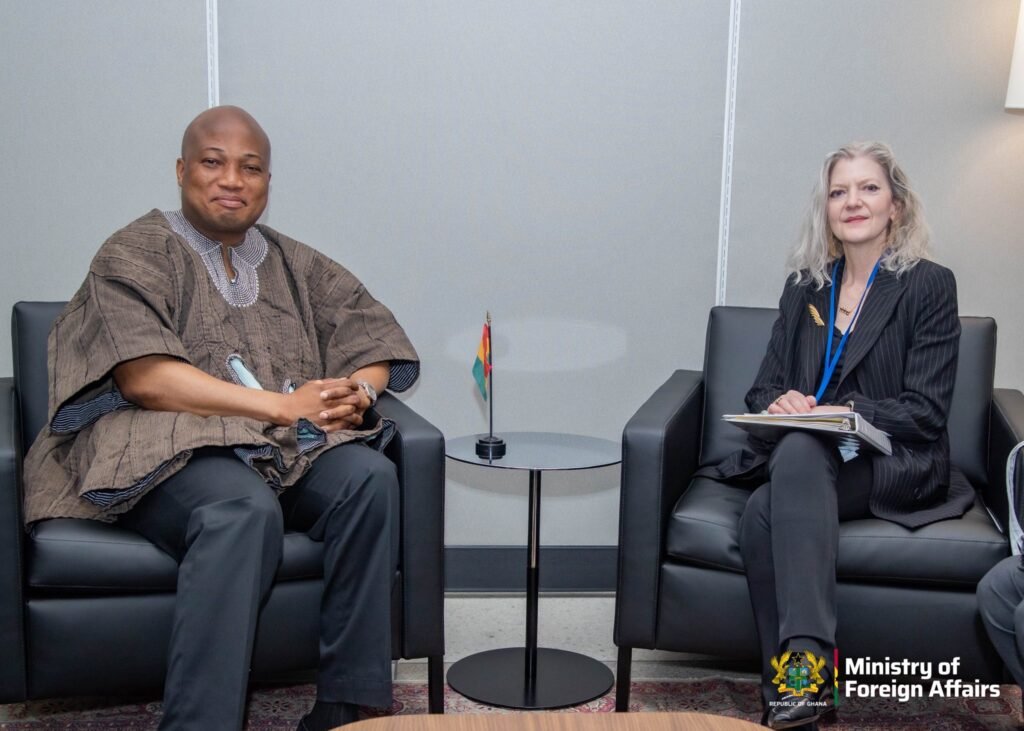
The United States justified the decision by citing years of unresolved cases of Ghanaian visa overstays, particularly among students, which Washington described as a serious breach of immigration rules.
The move sparked considerable public concern in Ghana, with many stakeholders in academia, trade, and civil society warning that the restrictions would hurt bilateral cooperation, academic exchange programs, and economic opportunities.
For the Ghanaian diaspora, particularly families seeking to travel frequently between the two countries, the situation was described as both financially and emotionally burdensome.
Series of Engagement
Against this backdrop, Ghana’s Ministry of Foreign Affairs initiated a series of engagements with Washington, aimed at restoring confidence in the relationship and working toward a mutually beneficial resolution.
Hon. Ablakwa, who took office earlier this year, made it a priority to re-establish trust between the two countries while assuring Ghanaians that government was taking decisive steps to address the concerns raised by the United States.
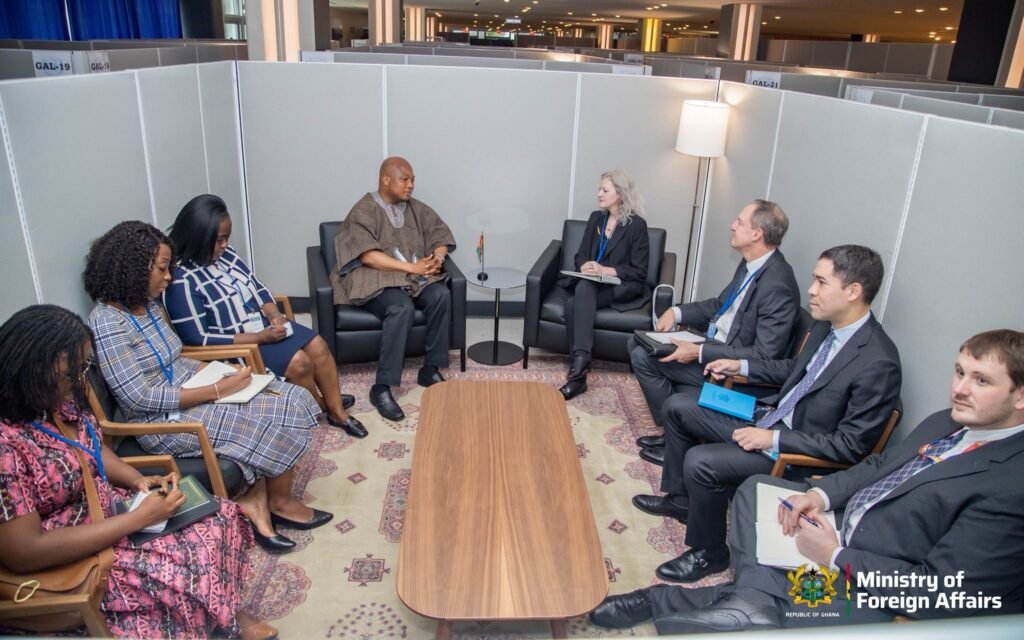
The Minister disclosed that the outcome demonstrates the effectiveness of Ghana’s approach to diplomacy—one based on dialogue, persistence, and respect for international partnership. “It’s good to see healthier and stronger Ghana–USA relations,” he said, underscoring that the decision paves the way for renewed cooperation across multiple sectors.
The reversal is expected to have immediate practical implications for Ghanaians. Students who rely on long-term visas for their academic programs, entrepreneurs with business ties in the US, and families with cross-border commitments will now benefit from the reinstated flexibility.
Travel agencies and education consultants have already welcomed the announcement, noting that it will ease planning and reduce costs associated with frequent visa applications.
The visa restrictions were perceived as a signal of mistrust between Ghana and the US, two countries that have historically enjoyed strong relations anchored in shared democratic values, economic collaboration, and security cooperation.
Renewed Confidence
By lifting the sanctions, Washington signals renewed confidence in Accra’s commitment to addressing concerns around immigration compliance and cooperation on broader bilateral issues.
The decision comes at a time when Ghana is repositioning itself as a leading voice on global platforms. At the UN General Assembly, President John Dramani Mahama delivered a widely praised speech that called for reform of global governance structures and stronger recognition of Africa’s place in international decision-making.
The restoration of US visa privileges complements these efforts, reflecting Ghana’s growing diplomatic assertiveness and credibility on the world stage. This development will further cement Ghana’s reputation as a country capable of engaging major powers with tact and effectiveness.
It also reflects the Trump administration’s broader interest in strengthening ties with Africa at a time of heightened geopolitical competition. The US has in recent months emphasized renewed commitment to African partners, with Ghana often cited as a stable, democratic ally in West Africa.
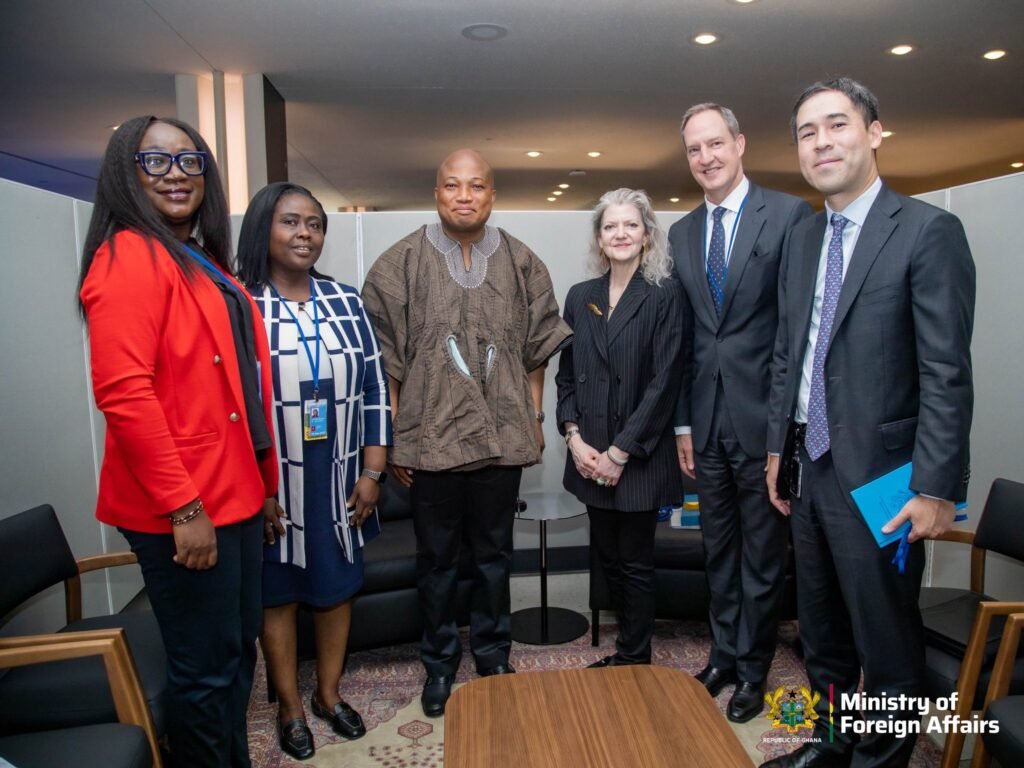
For Hon. Ablakwa, however, the focus remains on the benefits to ordinary Ghanaians. He framed the decision not only as a diplomatic achievement but also as a tangible outcome that will impact lives.
As the dust settles on the months-long dispute, attention will now shift to how Ghana sustains compliance with US immigration concerns to ensure the durability of the restored arrangement. Officials from the Foreign Affairs Ministry are expected to continue engagement with their US counterparts to prevent a repeat of the situation.
For many Ghanaians, the reversal is more than a technical change in consular policy—it is a reaffirmation of the enduring partnership between Ghana and the United States, and a demonstration that diplomacy, when pursued with persistence and clarity, can yield meaningful results.
READ ALSO: ECG Retrieves Missing Containers, Moves to Stabilise Power Supply

